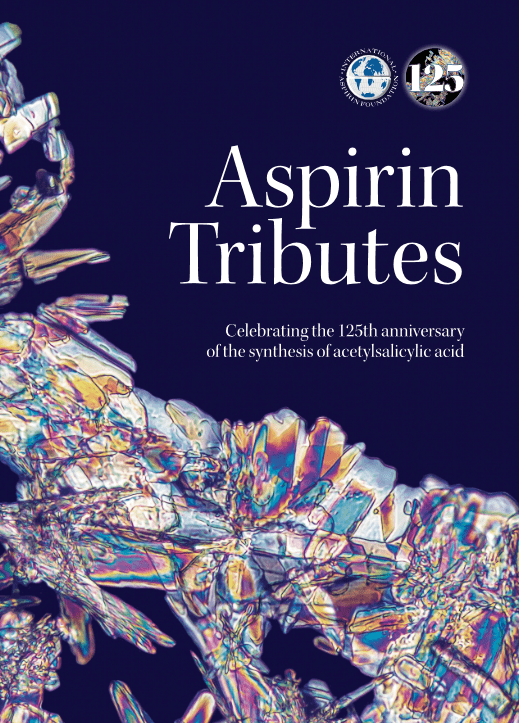2020 November
A cohort study of participants from the Dallas Heart Study who were free from atherosclerotic cardiovascular disease and not taking aspirin at baseline were investigated to see the impact of increasing coronary artery calcium (CAC) on both bleeding and atherosclerotic cardiovascular disease (ASCVD) events.
Having a higher CAC is a risk factor for ASCVD and this study aimed to gain a better understanding of net aspirin benefit at different CAC scores. The researchers used modelling techniques to investigate the effects of aspirin for primary ASCVD prevention in order to estimate who would gain a net benefit from this intervention.
The authors conclude;
‘Higher CAC is associated with both ASCVD and bleeding events, with a stronger association with ASCVD. A high CAC score identifies individuals estimated to derive net benefit from primary prevention aspirin therapy from those who would not, but only in the setting of lower bleeding risk and estimated ASCVD risk that is not low.’
For further information please see:
Ajufo E, Ayers CR, Vigen R et al. Value of coronary artery calcium scanning in association with net benefit of aspirin in primary prevention of atherosclerotic cardiovascular disease. JAMA Cardiol 2020, Oct, 28; doi:10.1001/jamacardio.2020.4939.














